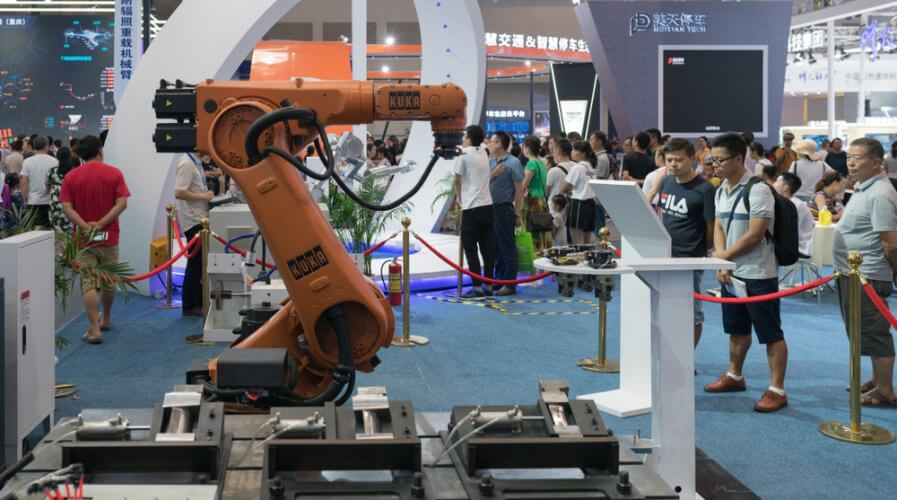
Smart China expo hold in chongqing. Source: Shutterstock
How employees see digitization in the workplace — Randstad
DIGITIZATION has always been something business leaders talk about, and that conversation is key to mobilizing budgets for important projects and overhauling existing systems and processes.
However, an important part of that digital journey is realizing that any changes that companies want to make must be implemented by their employees — and hence, the way they see digitization is quite essential.
Randstad, a global recruitment agency, recently launched a new report based on a survey asking employees about “digitalization at work“, and its covered quite some ground in terms of how the workforce sees technology impact jobs, their careers, and their needs.
To start off, it seems that most employees, be it in China, India, Malaysia, Hong Kong, Singapore, Australia, New Zealand, or anywhere else in the world, feel that new technologies create more opportunities for them.
93 percent of employees in China and 91 percent of those in India see great opportunities as a result of technology, and while the global average stands at 74 percent, most Asian countries exceed that number.
In fact, automation, robotics, and artificial intelligence — the technologies that business leaders typically fear will trigger negative emotions in employees — are actually things that executives in Asia see really positively.
Eighty-eight percent of employees in China, 81 percent in Malaysia, 77 percent in India, 76 percent in Hong Kong, and 74 percent in Singapore told Randstad that they expect these technologies to positively affect their jobs in the next five to 10 years.
That being said, it is also true that many current executives think that digitization requires a different skill set than what they currently possess.
And although the global average is only 58 percent, it seems as though employees in China, Malaysia, India, Hong Kong, and Singapore are more concerned about their lack of skills than their counterparts in other parts of the world.
As a result, executives in these countries (and around the world) are keen on acquiring more digital skills — to guarantee their employability in the future.
This is especially true for employees in Malaysia, India, China, and Singapore where about 89 percent to 93 percent of employees said they wanted to learn more about new technologies to keep their jobs and further their careers.
Luckily, it seems as though most employees are doing something about it.
According to the survey, it seems as though 85 percent of employees in India, 84 percent in China, 76 percent in Malaysia, 63 percent in Hong Kong and 62 percent in Singapore are investing in themselves, spending money and time learning new tech skills.
Obviously, business leaders in Asia are also aware of the talent gap when it comes to tech and hence, a significant proportion of executives said that their employers are investing in training them — especially in the field of AI.
READ MORE
- Ethical AI: The renewed importance of safeguarding data and customer privacy in Generative AI applications
- How Japan balances AI-driven opportunities with cybersecurity needs
- Deploying SASE: Benchmarking your approach
- Insurance everywhere all at once: the digital transformation of the APAC insurance industry
- Google parent Alphabet eyes HubSpot: A potential acquisition shaping the future of CRM






